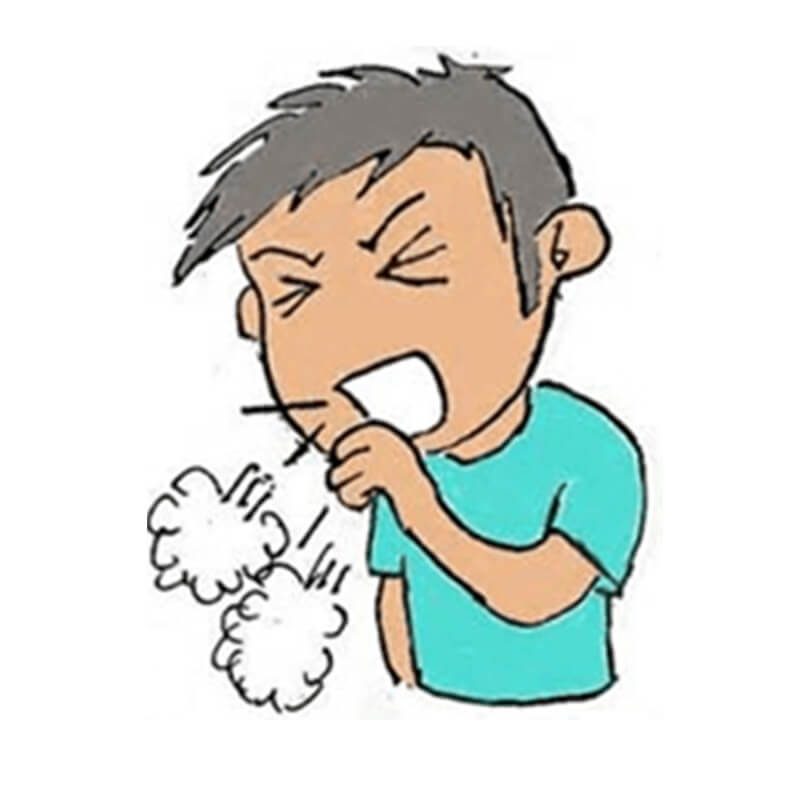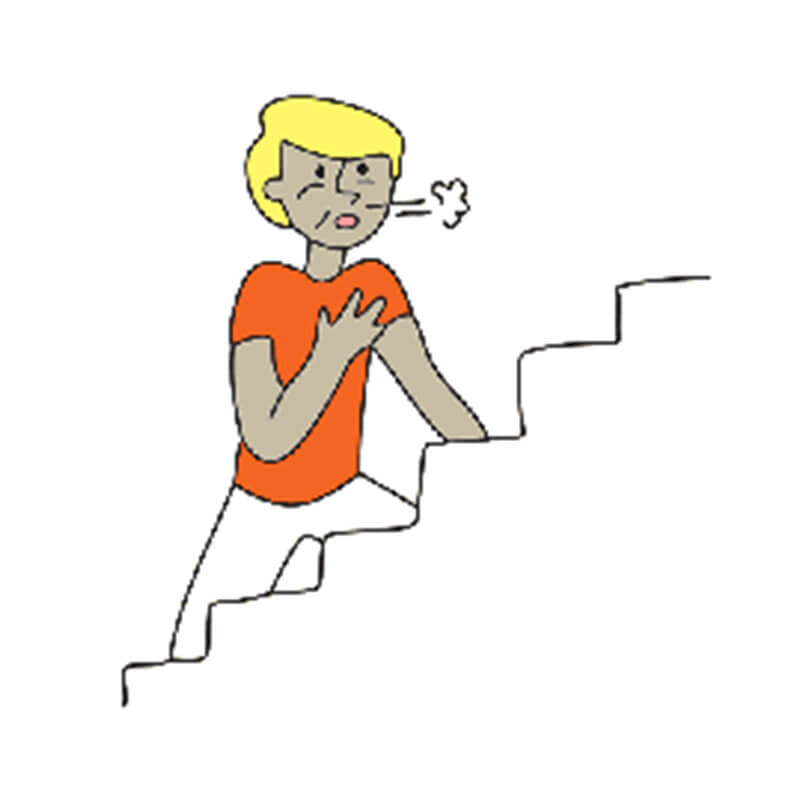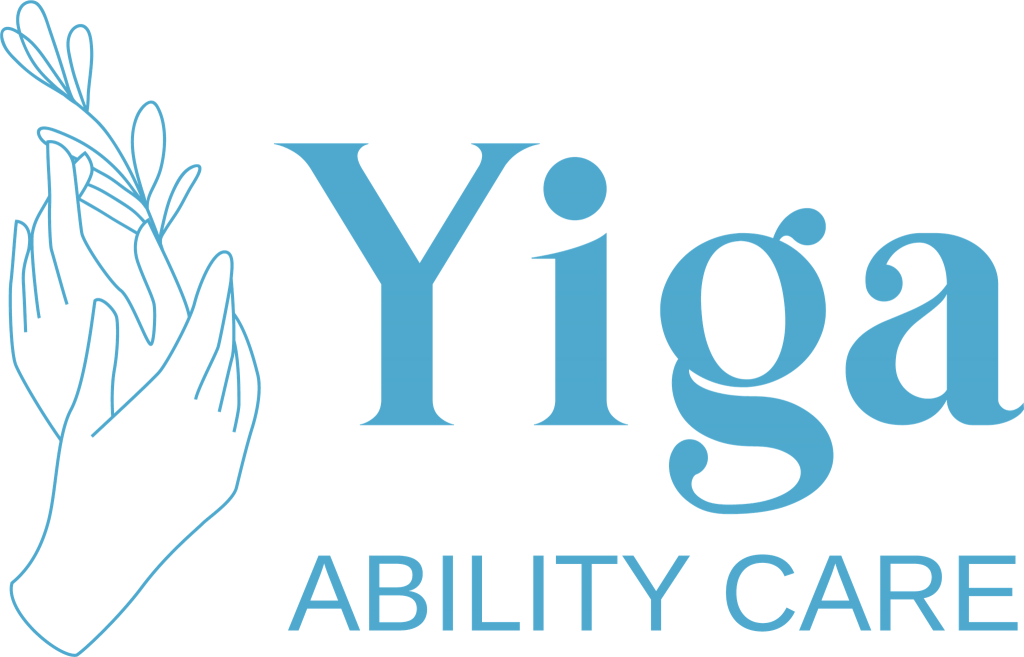

You can download the Referral Form here.
If you are looking for services please contact our office at 0426 654 485
NDIS Services
Yiga Ability Care provides in-home care and support services to people so they can live as independently as possible in their own homes and communities.
Coronavirus: What is it?
Coronavirus is a pandemic by the World Health Organisation. A pandemic happens when a virus spreads quickly to lots of countries around the world, most likely affecting people in all regions.
The Coronavirus was first reported in December 2019 in China. A virus is known to be an illness or disease that can spread easily from one person to another person. Anyone who contracts Covid-19, can become very unwell and require medical care.
The Australian Department of Health says the virus will most often cause breathing difficulties and lung infections. Older people and people with chronic health conditions are especially at risk of getting sick.
The Australian Government has funded & dedicated the Disability Information Helpline – 1800 643 787 to provide accessible information, counselling and outreach to people with disability if necessary concerned about or being affected by coronavirus Covid-19.
The Helpline can also be beneficial to families, carers & support workers. It is available Monday to Friday 8:00am to 8:00pm (AEST), Saturday and Sunday 9:00am to 7:00pm (AEST). It is not available on national public holidays.
You can find alternative contact numbers, more information and resources here.
Information & support are available. You are not alone.
Contact the Disability Information Helpline on 1800 643 787 or visit www.dss.gov.au/disabilityhelp
*This information resource has been adapted from the Department of Social Services* https://www.dss.gov.au/disability-and-carers-covid-19-information-and-support-for-people-with-disability-and-carers/coronavirus-what-is-it-easy-read
COVID-19 What are the symptoms?

Fever

Sore Throat

Cough

Fatigue

Shortness of breath
If you’re feeling sick, you should stay at home & call your doctor, they will tell you if you need to be tested.
You might need to be tested if you:
- just came back from overseas.
- have been in contact with someone who has coronavirus.
You can help to reduce the risk of catching or spreading COVID-19 by:
Stay away from crowds of people & try to keep the 1.5 metre distance rule. This means having less contact between you and the people around you. It can be practised at home, at work, and while out in the community.
Wash your hands frequently throughout the day & trying not to touch your face after being outdoors. Try to limit touching your eyes, nose and mouth with your hands to avoid making you ill, if your hands are contaminated. Cleaning your hands regularly and thoroughly, for at least 20 seconds using soap and water or an alcohol-based hand rub helps kill any germs that may be on your hands.
Sneeze or cough into a tissue or your elbow & wash your hands after.
Call the doctor if you feel unwell & remember to wear a face mask outdoors if you feel like you have symptoms. Stay home and only go out for necessary trips.
All health practitioners have introduced measures to keep you safe when seeking medical attention during COVID-19.
If you are unwell and have a fever, cough and difficulty breathing, call your doctor before attending an appointment. This will allow them to direct you to the right health facility without coming into contact with others, and help prevent the spread of coronavirus and other infections.
If you have trouble breathing, call an ambulance straight away on 000.
Should you wear a mask?
22 July 2020
The Victorian Government has mandated the use of face masks for all people living in metropolitan Melbourne and Mitchell Shire including the use of masks for support workers.
The advice to wear a face mask in metropolitan Melbourne and Mitchell Shire does not apply to children (people aged under 12), people with breathing difficulties and anyone who has physical conditions that make it difficult to wear a face mask.
Read our ‘Your health and safety’ FAQs on face masks by visiting
https://www.ndis.gov.au/coronavirus/participants-coronavirus-covid-19/your-health-and-safety
How to wear a face mask correctly?
Wear a face mask that covers your nose and mouth to help protect yourself from anyone who is infected from COVID-19 & to protect others in case you are infected with COVID-19.
Wash your hands before putting on your face mask.
Make sure it is covering your nose and mouth then secure it under your chin.
Try to fit it snugly against the sides of your face & hook the elastic string behind your ears.
Taking off your face mask
Unhook the elastic strings behind your ears.
Fold the outside corners together and place in the bin (if disposable). If not, place into the washing machine.
Be careful not to touch your eyes, nose, and mouth after removing your face mask. Wash your hands immediately afterwards.
Feeling unwell?
If you develop a fever, cough, sore throat, shortness of breath, loss of smell or taste, seek medical attention.
Call your doctor & wait for further instructions.
If you are in an emergency, or at immediate risk of harm to yourself or others, please contact emergency services on Triple Zero (000).
Frequently Asked Questions (FAQs)
The National Disability Insurance Scheme has a full directory of FAQ’s that are updated daily. You can find answers to commonly asked questions by visiting https://www.ndis.gov.au/coronavirus .
If you are concerned about your health & think your at risk of COVID-19, call the Coronavirus Health Information Line 1800 020 080.
If you require translating or interpreting services, call 131 450 & you will be directed accordingly.
Health Direct is another government-funded service that has a symptom checker available on their website.
Training courses on infection prevention and control are also available.
The Commonwealth Department of Health – Infection Control Training Course is also one of the many relevant programs for all support workers, including those in disability and aged care.
For more information visit: https://www.disabilitysupportguide.com.au/talking-disability/how-to-help-keep-yourself-healthy-and-safe-during-covid-19

